What to Watch at the London Palestine Film Festival 2025
by Furvah Shah in Culture & Lifestyle on 7th November, 2025
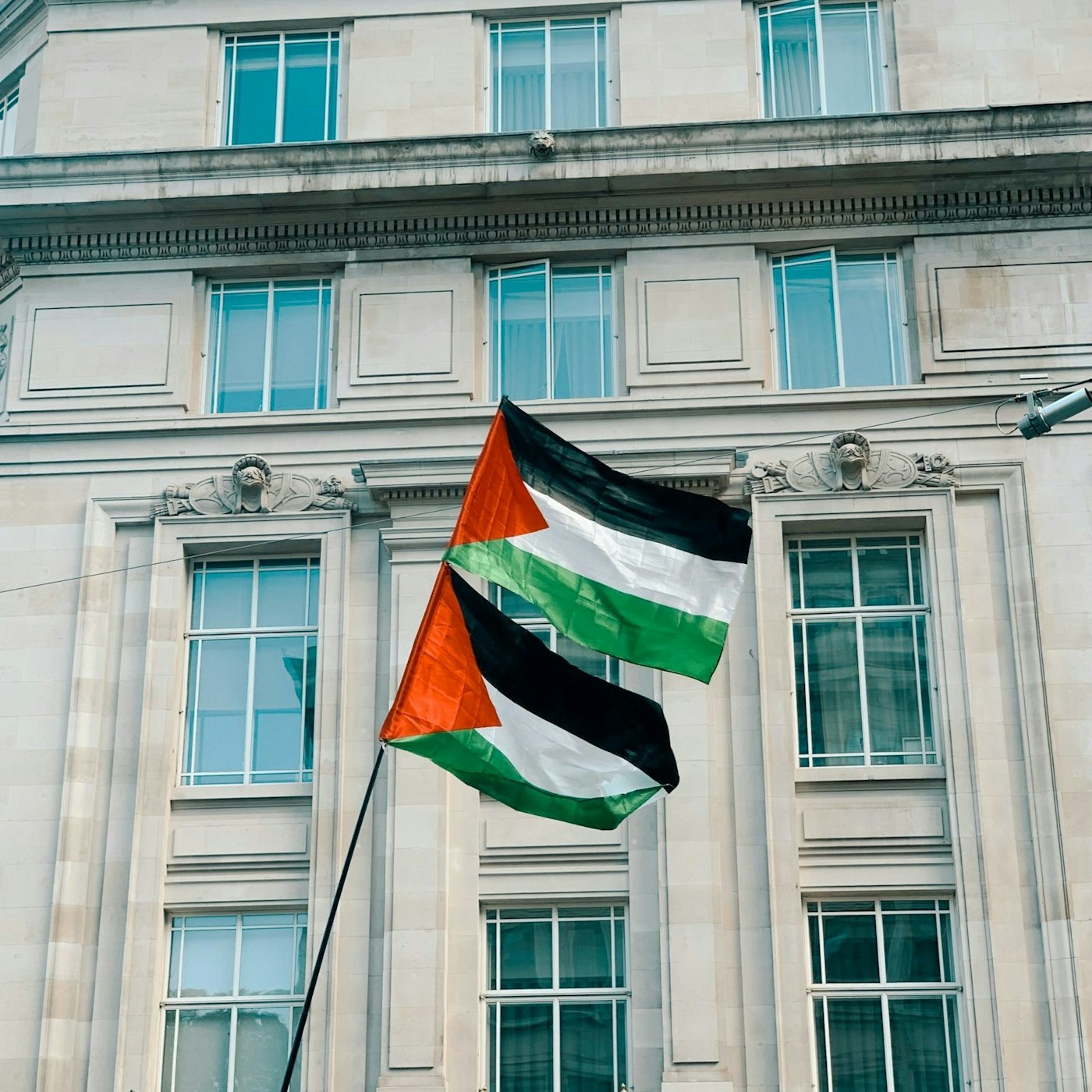
While Palestine has dominated global headlines over the past two years due to the ongoing genocide in Gaza, the London Palestine Film Festival returns to the capital this month to valiantly celebrate Palestinian cinema and storytelling amidst continuing atrocity. In a world saturated with news of war and destruction, the festival stands tall in the London arts scene as a defiant act of cultural preservation through the lens of those living, remembering and imagining Palestine.
From 14th to 28th November, audiences are invited to immerse themselves in the rich history, culture and social realities of the region, explored through art, conversation and cinematic brilliance of both emerging and established filmmakers. This year, each film pulses with urgency and purpose, reflecting a shifting narrative of Palestinian identity that reclaims agency, humanity and hope in the face of devastation.
At London Palestine Film Festival, storytelling becomes an important tool of resistance and remembrance. This year brings us fresh voices, daring narratives and urgent conversations that cinema-goers can learn from, reflect on and resonate with even after the credits roll. But how did it all begin? How has it evolved into one of the most vital cultural events in London? And which films should you make time for this year? Read on for a guide to the London Palestine Film Festival.
How did LPFF Begin and How Has it Evolved Over the Years?
London Palestine Film Festival (LPFF) first began in the late 90s, emerging from the student-film movement at SOAS, University of London and a desire to amplify Palestinian film and culture in Britain. Since its early days, which included screenings held at SOAS and the Barbican in small programmes, it has grown into a multi-week festival spanning across London. After taking a long hiatus in the early 2010s, LPFF returned bigger and better than ever in 2018 and has now been a fixture of London’s cultural calendar for over seven years.
Khaled Ziada, Founder and Director of London Palestine Film Festival, and Executive Producer of Together for Palestine, reflects, “Founded in the late 90s, the annual two-week film festival continues to create spaces of discussion. Each edition spotlights stories of political realities as experienced by Palestinians, both at home and in the diaspora, through the creative lens of cinema.”
Since its inception, LPFF has expanded from one or two venues to now being held across multiple London cinemas (Barbican, Curzon, ICA, The Garden Cinema, to name a few) and is supported by an ever-growing network of artists and activists. Beyond screenings, the festival also includes masterclasses, talks, book launches, and workshops, forming a bridge between art and activism.
The themes of each year’s programmes have broadened, too – from documentaries about life under occupation or exile, to fictional features, shorts, animations and more.
This year’s edition also opens up an ambitious new chapter, as for the first time, LPFF is expanding beyond the capital. With selected screenings and events taking place in Liverpool, the festival’s reach is extending to new audiences outside of London and offering an alternative to the capital-centric nature of the arts and culture industries.
Moreover, what makes this year’s festival most exciting is the variety of films on show – from the critically-acclaimed The Voice of Hind Rajab, which received the longest-ever standing ovation at Venice Film Festival for its heartbreaking depiction of a story, to Palestine 36, a sweeping historical drama exploring the 1936-39 Arab revolt in once-named Mandatory Palestine. From fiction to documentary and more, there is something for everyone this festival season.
Ziada adds, “The curation of this year’s festival bears witness to realities of Palestinian people and the ongoing genocide in Gaza, sharing the voices of those affected and cultivating understanding and dialogue about their resilience and lived experiences.
“Artistically, it is clear that Gaza will have a strong presence in global cinema for years to come, embedded in the minds of filmmakers and at the core of future films.”
Top Picks to Watch this Year
As the festival fast approaches, here are my four top picks for standout films showing at this year’s festival, what they’re about and where you can watch them.
1. The Voice of Hind Rajab
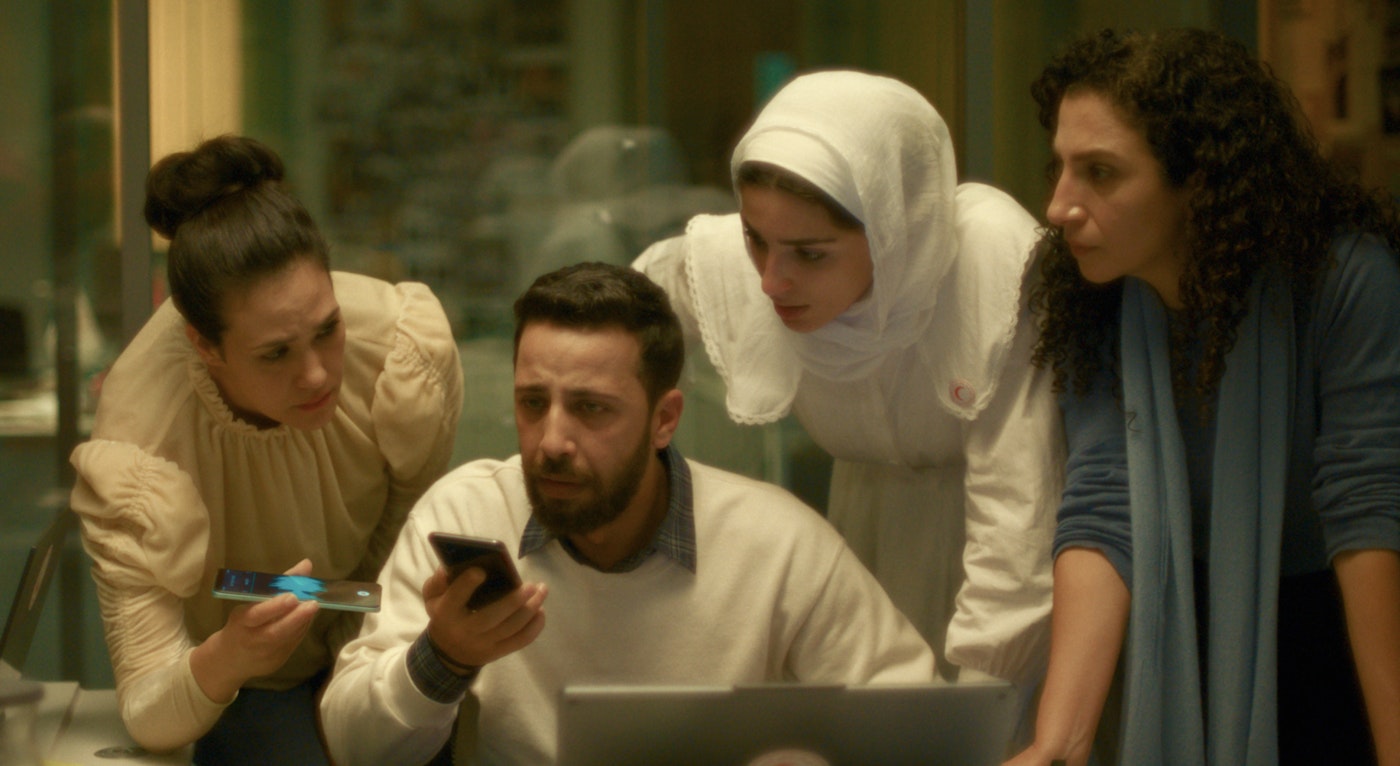
Directed by Kaouther Ben Hania, this powerful documentary-drama depicts the heartbreaking, real-life conversation between Palestine Red Crescent Society volunteers and a 6-year-old girl trapped in a car in war-torn Gaza. Hind Rajab’s name echoed through protests worldwide following her death at the hands of Israel, and this gut-wrenching film chronicles the young girl’s last call for help.
Where to watch
- Friday 14th November at 8.30 pm at Barbican Cinema
- Saturday, 15th November at 6.20 pm at Curzon Soho
2. Palestine 36
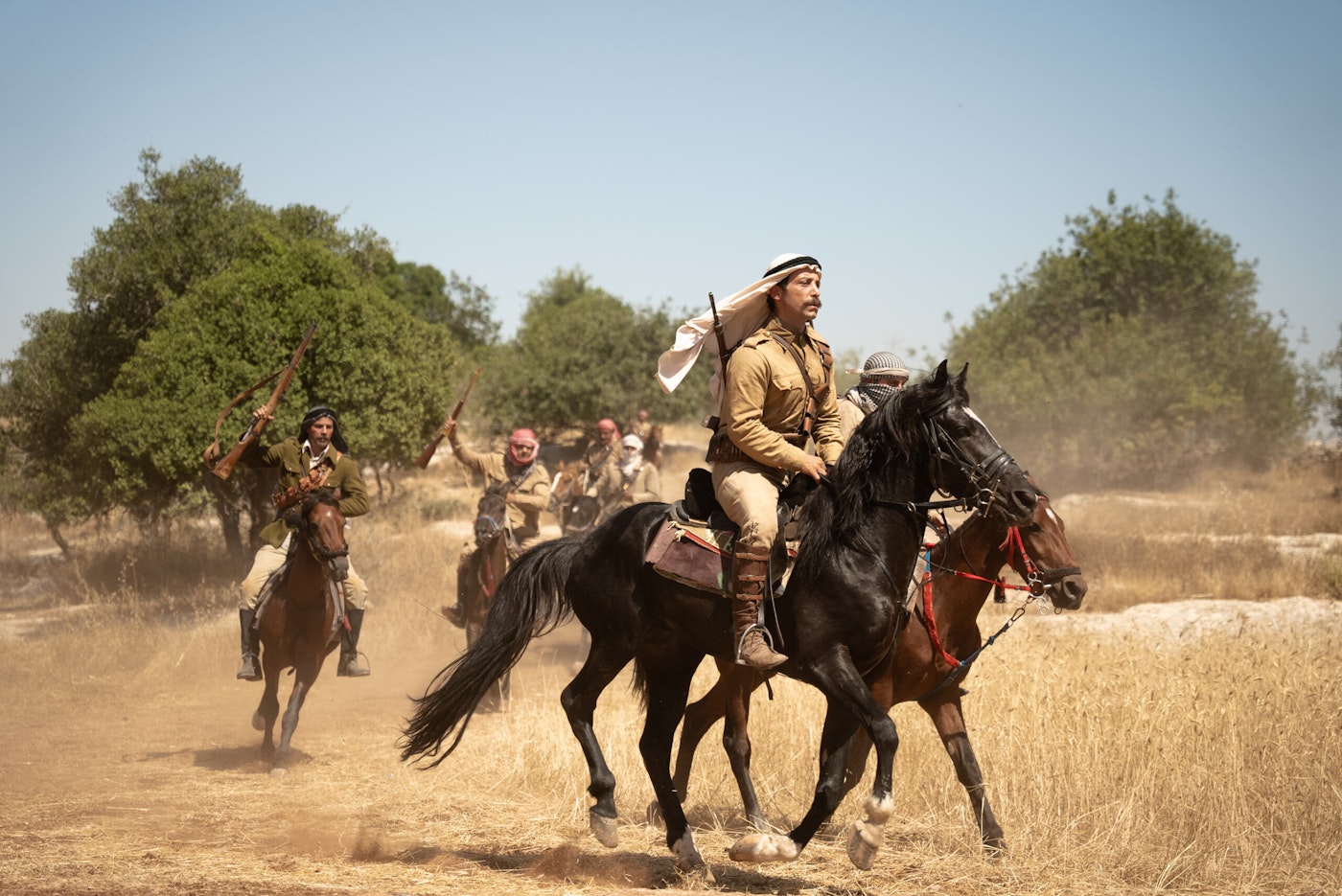
Starring Jeremy Irons and Liam Cunningham, this feature-length drama directed by Annemarie Jacir is set during the 1936-39 Arab revolt in Palestine and offers a rarely told historical viewpoint of how we got to where we are today. The Academy Award submission from Palestine combines seasoned actors with an underserved yet crucial story of context, humanity and complexity to the history that we see unfolding today.
Where to watch
- Sunday 16th November at 5.40 pm at Curzon Soho
3. Thank You for Banking With Us!
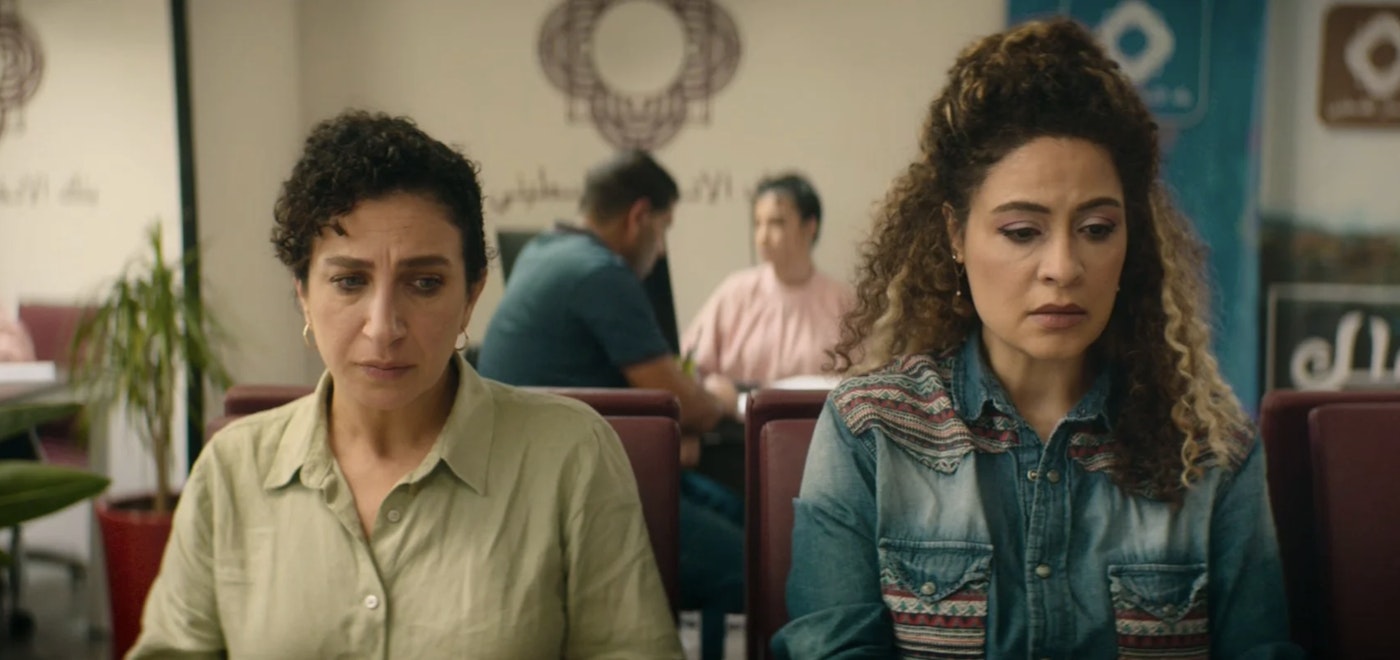
This comedy-drama directed by Laila Abbas follows sisters Mariam and Noura, who reunite in Ramallah when their father dies and hatch a humorous plan to get their hands on the inheritance before their estranged brother finds out and claims half of the money. Comedic timing sits against the backdrop of checkpoints, grief and family in this must-watch, which most, if not all, cinema-goers will be able to resonate with.
Where to watch
- Monday, 17th November at 8.45 pm at Barbican Cinema
4. All That’s Left of You
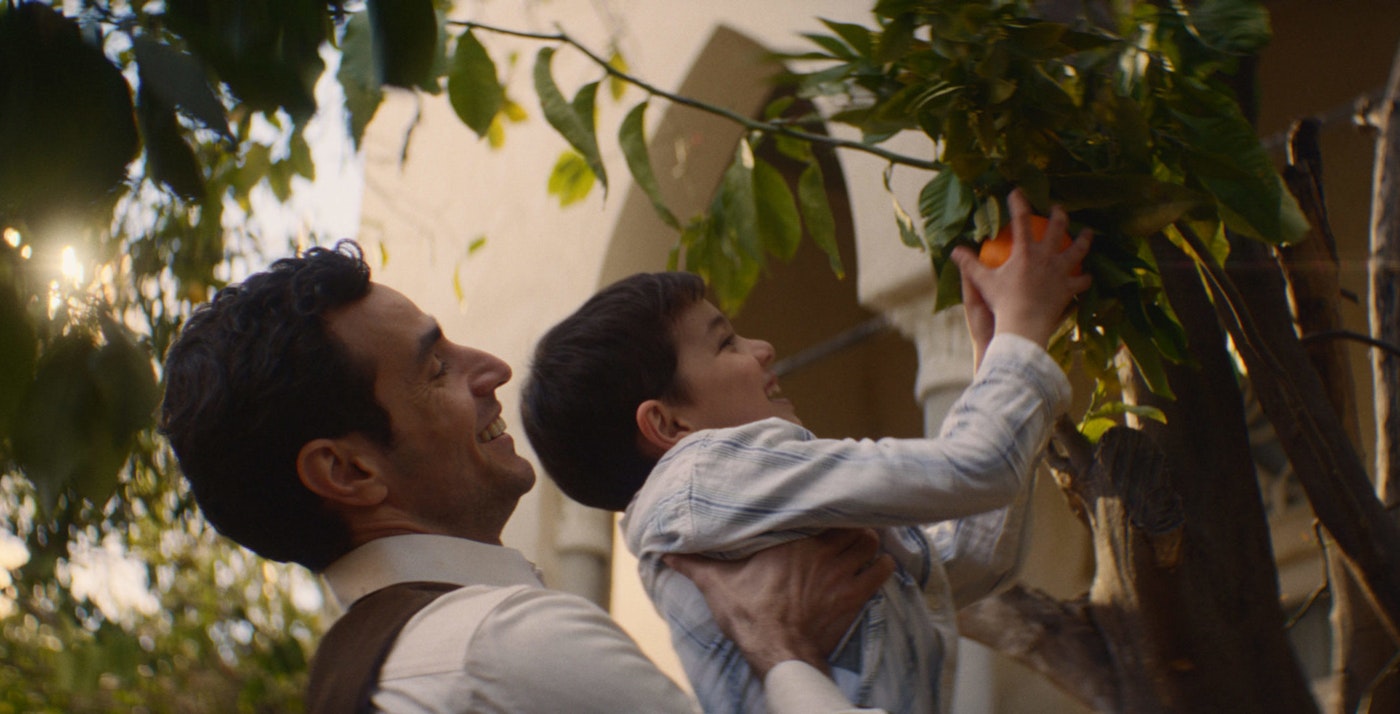
This drama film produced, written and directed by Cherien Dabis, was selected as the Jordanian entry for the Best International Feature Film at the 98th Academy Awards. Spanning nearly 75 years, All That’s Left of You traces three generations: grandparents forced from Jaffa in 1948; Salim, their son, growing up with displacement and humiliation under occupation; and Noor, the teenager carrying inherited trauma. Through love, loss and resilience, the family struggles to preserve dignity and seek justice across time.
Where to watch
- Friday, November 28th at 8:00 pm at Riverside Studios
Whether you’re drawn to the politics, the artistry, or the shared experience of seeing Palestinian stories told by Palestinian voices, the London Palestine Film Festival is a chance to engage, empathise, and be moved.
Grab your tickets, your friends, and your curiosity because this November, London’s cinemas won’t just be showing films — they’ll be showing resilience, resistance, and the enduring power of storytelling.
Furvah Shah
Furvah Shah, 23, is a culture and lifestyle journalist currently working at Cosmopolitan Magazine. Being from a Pakistani, Muslim background, Furvah is passionate about diversifying representations of women, Muslims and ethnic minorities within the media and passing the microphone to underrepresented communities.